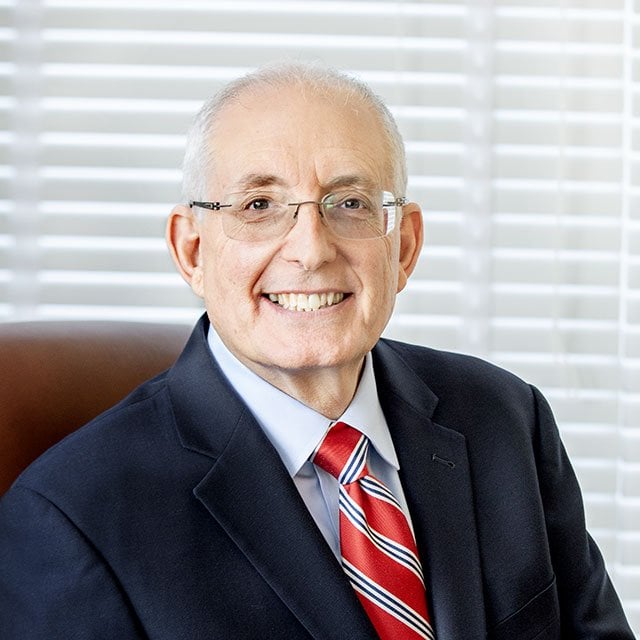Secure 2.0 Left Lots of Unanswered Questions: Ed Slott

“The drafters mistakenly removed tax code language that prevented any SEP and SIMPLE contributions from counting against the Roth IRA annual contribution limit,” Slott said.
529-to-Roth IRA Rollovers
One change that has “drawn significant attention,” Slott states, “permits a 529 account owner, starting in 2024, to do a tax-fee rollover of up to $35,000 of unused 529 funds to a Roth IRA.”
The new rollover has several restrictions, “one of which is that the 529 plan must have been open for more than 15 years,” Slott explains. “However, Secure 2.0 is not clear as to whether a fresh 15-year waiting period is required when someone changes 529 plan beneficiaries.”
Or, “can the new beneficiary use the existing time that the 529 account has been open, or does the clock reset?” Slott wonders. “This is unknown.”
Roth Catch-Up Contributions
Beginning next year, “certain high-paid 401(k) participants will be required to have age-50-or-over catchup contributions made to Roth accounts,” Slott writes.
However, “what if the plan does not already offer Roth accounts?” Slott states. “Secure 2.0 does not answer that question.”
One possibility, Slott relays, “is the plan must begin offering Roth accounts to accommodate the mandatory treatment of catchups. Or, it may be that the plan can continue not to offer Roth accounts, but in that case, it could not offer catch-ups for anyone. Or, maybe the ‘required Roth catchup’ could simply be directed to the pre-tax portion of the plan when there is no Roth plan option.”
Another issue still unresolved “concerns which employees are required to have catch-up contributions deposited into Roth accounts,” Slott writes.
Secure 2.0 says that “this only applies to those whose ‘wages’ exceed $145,000 (as adjusted) in the prior year. But many self-employed persons, including sole proprietors, do not have ‘wages’; instead, they have business income,” Slott explains. “Read literally, the Roth requirement would not apply to high-income self-employed individuals who don’t earn wages.”
Pictured: Ed Slott. (Photo: Natalie Brasington)




